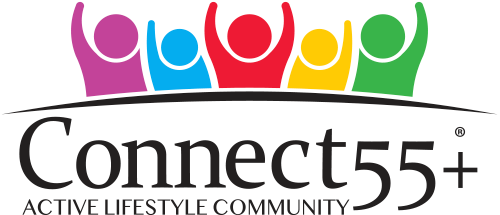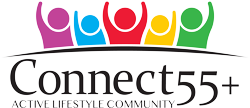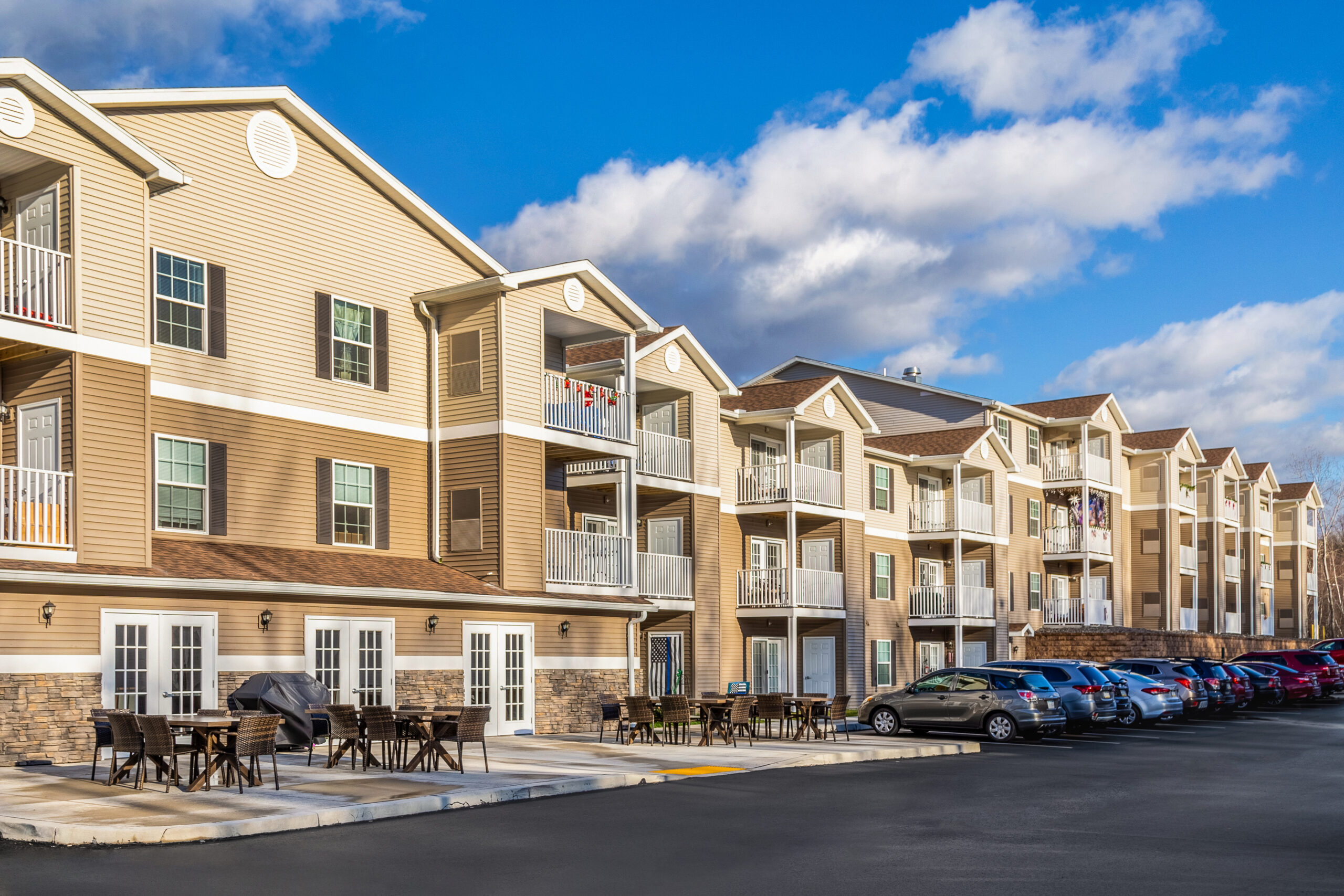What does independence mean to you?
For most Americans aged 50 and older, independence means having a paid-off home and a degree of financial freedom. But do these factors alone offer independence?
Here’s something to think about: As retirement approaches, many people start to rethink their housing choices. Factors like convenience, cost, and lifestyle preferences come into play.
Active adult communities are becoming increasingly popular as they offer the flexibility and freedom that traditional homeownership often lacks. But how does renting compare to owning, and which is best after 55?
Renting in Retirement: Is It Smart?
We’ve all been advised to buy a house and pay it off, noting that this would be our biggest asset down the line. However, as senior housing options go, renting in retirement has distinct advantages.
It offers flexibility, lower maintenance, and cost predictability. Seniors can easily relocate if they wish to be closer to family, prefer warmer climates, or desire a lifestyle change. Unlike selling a home, moving from a rental is typically straightforward, avoiding the complexities of real estate transactions.
Additionally, renting frees older ones from physically demanding tasks associated with homeownership, such as yard work, roof repairs, and plumbing issues. For many, this convenience becomes increasingly valuable as mobility or physical capabilities decline.
Let’s unpack these pros and cons further.
Pros of Renting After 55
Flexibility: Renting allows retirees to relocate effortlessly. Selling a property can often be a lengthy and exhausting process. Tenants, however, can move relatively quickly, making it perfect for those who value convenience.
Lower Maintenance Responsibilities: Most rental communities handle maintenance, removing the burden of physically challenging home upkeep. Tasks like mowing lawns, shoveling snow, and fixing household appliances become someone else’s responsibility.
Cost Predictability: Rental communities typically bundle utilities, property taxes, and maintenance fees into a fixed monthly payment. Residents can plan their finances more accurately, without unexpected expenses.
Enhanced Security: Many 55+ rental communities offer gated access and 24-hour security. This provides peace of mind, with residents knowing they live in a secure environment.
Access to Amenities: Rental communities often feature amenities tailored specifically for seniors, including emergency response systems, fitness centers, social clubs, and organized events.
Cons of Renting in Retirement
Rising Costs: Rental prices can increase over time, potentially causing budget strain, especially for retirees living on fixed incomes. Unlike a paid-off home, renting always involves ongoing monthly payments.
No Equity Building: Renting does not allow seniors to build equity or benefit from property appreciation, missing potential financial benefits that homeownership offers.
Limited Personalization: Renters usually face restrictions on making significant modifications or personalizing their living spaces, limiting their ability to fully make the space their own.
Owning Your Home: The Benefits
Homeownership after 55 still holds appeal, primarily because of financial stability. A home represents an investment that often appreciates over time, providing security and the opportunity to leave a legacy.
Equity and Investment: Homeowners build equity and may benefit from property appreciation. Equity can be leveraged for financial security or passed to heirs.
Stability: A paid-off home eliminates monthly housing costs apart from maintenance and taxes, offering peace of mind and financial stability.
Freedom to Customize: Homeowners can modify their property to their liking without restrictions, allowing complete personalization of their living space.
Downsides of Homeownership
Despite its appeal, homeownership has significant drawbacks for retirees.
High Maintenance Costs: Ongoing home maintenance can be physically taxing and financially burdensome. Repairs like roof replacements or HVAC upgrades can be frequent, expensive, and unpredictable.
Less Flexibility: Selling a home can be complex, delaying relocation plans or making spontaneous moves difficult. Downsizing or moving closer to family often requires considerable effort and time.
Unpredictable Expenses: Property taxes, insurance premiums, and unexpected repairs can strain retirement budgets, causing stress and financial uncertainty.
Why Consider Active Adult Communities?
What exactly are active adult communities?
These are rental-based housing options specifically designed for people aged 55 and older. More people than ever appreciate the unmatched convenience and lifestyle benefits.
Maintenance-Free Living: These communities eliminate home upkeep completely, allowing residents more time to engage in enjoyable activities such as hobbies, travel, or spending time with friends and family.
Social Opportunities: Loneliness and depression are genuine concerns among older people, but active adult communities create environments that encourage friendships. Regularly organized social events, hobby groups, and communal spaces are the ideal melting pot to meet new people and enjoy their company.
Convenience and Accessibility: Senior rental communities are thoughtfully designed with accessibility features like handrails, emergency response systems, and elevators. Residents benefit from enhanced personal safety without the hassle and cost of renovating a traditional home. Perhaps you don’t require these right away, but it’s good to know that they are there when you need them.
Flexibility for Relocation: Renting offers the ability to relocate easily, making it simpler for seniors to move closer to family or explore new locations without the complexity of selling property.
Predictable Costs: Monthly rent typically covers utilities, maintenance, and community amenities, simplifying budgeting and reducing financial uncertainty.
Financial Freedom in Rentals
Renting after retirement often makes financial sense. Without mortgages, property taxes, and unpredictable maintenance costs, retirees can manage their finances with greater ease. Selling a home also offers seniors a lump sum that can boost retirement savings significantly, providing additional financial flexibility and security.
This financial freedom allows for more funds for traveling, hobbies, and leisure activities. After all, you’ve worked hard your whole life; isn’t it time to slow down and enjoy it?
| Pros | Cons | |
| Renting | – Flexibility for easy relocation
– Lower maintenance responsibilities – Predictable monthly costs – Enhanced security in senior communities – Access to tailored amenities |
– Potential rising rental costs
– No equity accumulation or property appreciation – Limited options for personalization |
| Owning | – Build equity and potential appreciation
– Stability from a paid-off home – Freedom to customize and renovate freely |
– High maintenance and repair costs
– Less flexibility in relocating – Unpredictable expenses (taxes, insurance, repairs) |
Do The Sums and Enjoy Your Retirement
Ultimately, choosing between renting and owning depends on personal circumstances, lifestyle preferences, and financial situations. Homeownership offers stability and equity-building potential, but renting, especially within active communities, provides unparalleled freedom, convenience, and tailored support.
Retirement should focus on enjoying life, not managing home repairs or dealing with unexpected costs.
Active adult communities like Connect55 are designed to provide a vibrant, worry-free lifestyle for seniors. These communities offer independence without isolation, fixed costs without hidden surprises, and lively environments designed specifically for adults over 55.
Explore Connect55’s communities and see how renting can change up your retirement lifestyle.






